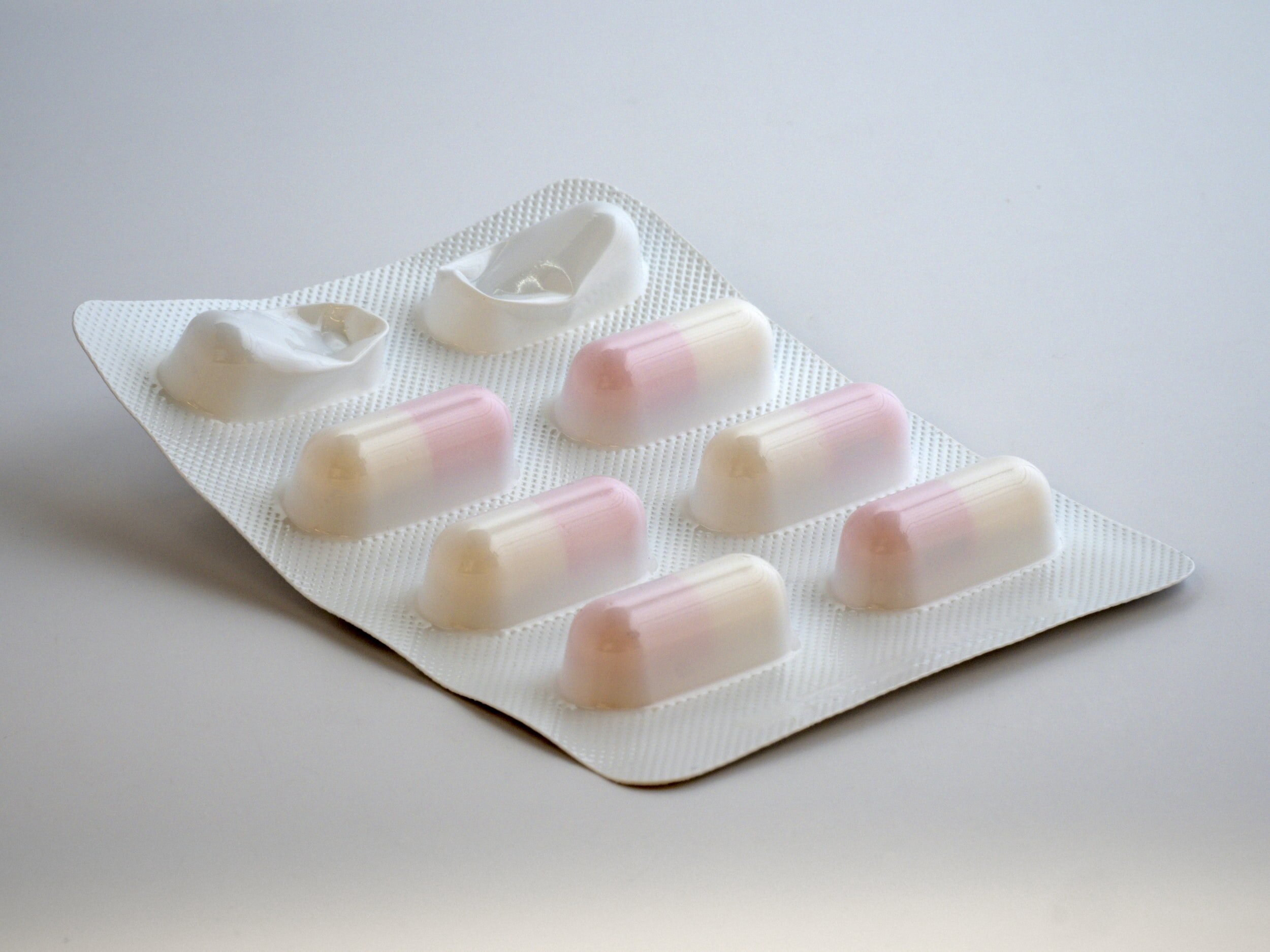In the past week, many European countries halted vaccinations with AstraZeneca’s COVID-19 vaccine after rare cases of thromboses.
How do we weigh the risk for the individual who is being vaccinated against the societal risk of the pandemic and its by-products?
Individual risk perception – where hunches trump numbers
If we want to do more than just sit at home and wait for it all to end, we must accept a certain level of danger in our lives. We define our comfort zones, deciding how risky our professions, free time activities and lifestyles can be.
When making those decisions, individual perception of risk often differs significantly from the actual probability of the risky event occurring.
On the one hand, our brains bias us positively towards occupations that are fun and/ or addictive. For activities that bring (short-term) pleasure, like sun-bathing, drinking, smoking, reckless driving, unhealthy eating, and frying our brains with hours of social media doom scrolling – we are much more willing to accept the risk of short or long-term negative effects.
On the other hand, human brains don’t seem to be made for understanding probabilities in more than a metaphysical way. If they were, no one would EVER play the lottery.
But there is always the hope to be THE ONE. And in that sense, our brains can actually process the logic of probabilities. Because being the one to crack the jackpot isn’t impossible, it’s just extremely unlikely.
It works the same way for bad events. The fear of flying appears unreasonable, when comparing the actual risk of a plane crash to the risk of being in a car, with the much more real danger of fatal accidents.
Assessing risk-benefit for medications – numbers and psychology
Most people take some kind of medication for treating acute symptoms such as headaches, chronic conditions such as high blood pressure, or in the worst case, life-threatening diseases such as cancer.
What is an acceptable risk profile for a drug?
Depends on its benefit.
Medical agencies such as the American FDA or the European EMA weigh the good a medication does for patients against the potential harm it might cause before allowing it onto the market. The acceptable risk of side-effects should obviously be much higher for a drug that treats a fatal disease than for one that treats something minor like a headache.
While this logic of risk vs. benefit makes sense on paper, human psychology seems to deviate. For example, many people would be willing to accept quite severe side-effects for weight loss medication or acne treatments. The severity of a condition, and perceived benefit of a treatment are different for everyone, and determine the risk threshold.
The invisible danger – assessing risks of preventative measures
Our risk threshold is much lower when it comes to preventative treatments, medications, or vaccines we take to avoid getting sick. Here, we always have to weigh the immediate risk (potential side-effect of the preventative treatment) against the risk of getting ill (maybe) in some unknown future.
The risk of contracting COVID-19 is difficult to assess and can be calculated based on where we live, how many people we meet, where we meet them and so on. For example, for my location the probability that any person, I meet has COVID-19 is currently 3%, with the risk of catching the disease depending on the type of interaction (inside vs. outside, long vs. short, close vs. distant, quiet vs. loud singing etc.).
The risk of serious complications or even death differs significantly between age groups. While in the overall population in Germany 3%, of people who got COVID-19 have died with the disease, this percentage is up to a 100-fold lower in younger patients.
The AstraZeneca vaccine has had bad press since its bumpy start. After the initially published efficacy was lower than that of the contestants from BioNTech/ Pfizer and Moderna, and the way the study was done and data published felt (honestly) a bit messy, with muddled-up dosing regimens, unpublished cohorts and not enough elderly patients in the initial study to draw conclusions for those high-risk patients. While the efficacy is currently estimated at slightly above 60%, the vaccine offers a reassuring 100% protection against severe disease, hospitalization and death.
But the recent discussion isn’t so much about the efficacy of the vaccine than about potential safety concerns, namely blood clots (thrombotic events). The general thrombosis risk is LOWER than in the general population, and for pulmonary embolism definitely lower than in COVID-19 patients.
But with the AstraZeneca vaccine, there might be a higher risk of specific brain thromboses - cerebrovascular venous and sinus thrombosis. That said, those thrombosis occurred in 25 out of 20 million vaccinated people in Europe – a chance of slightly higher than one in a million, and the causal link between the vaccine and the thrombosis is not (yet?) established. On the 18th of March, the EMA clearly stated that the benefits of the AstraZeneca vaccine outweigh the risks of those rare events.
That recommendation notwithstanding, each person is allowed to decide on the risk they are willing to take for themselves. In our society, individual risk trumps society risk.
BUT, if we choose against vaccination, which is and should be anyone’s right, we influence not only ourselves. We make it easier for the virus to spread. The higher the numbers, the higher the chance for ourselves and others to contract the diseases, to die from it or to develop long term disability. And the harm the pandemic causes goes beyond the direct effects of COVID-19. Measures, such as lockdowns and school closure are a severe burden for mental health, with depression rates in adults doubled in comparison to pre-Pandemic levels.
Risk tradeoffs are never easy, not for the individual and not for society as a whole. I am glad to live in a society that respects my own, often irrational perception of risk, that allows me to get sunburns, and hangovers, and spend thousands on lottery tickets that never win…
But when it comes to vaccination, I feel that the individual and societal risks are basically aligned – the sooner the pandemic is over, the better it will be for everyone.
If you ask me – I would take a shot of AstraZeneca (or any of the other vaccines) in a heartbeat as soon as anyone offers. In the meantime, I’m patiently waiting with my sleeve rolled up.







